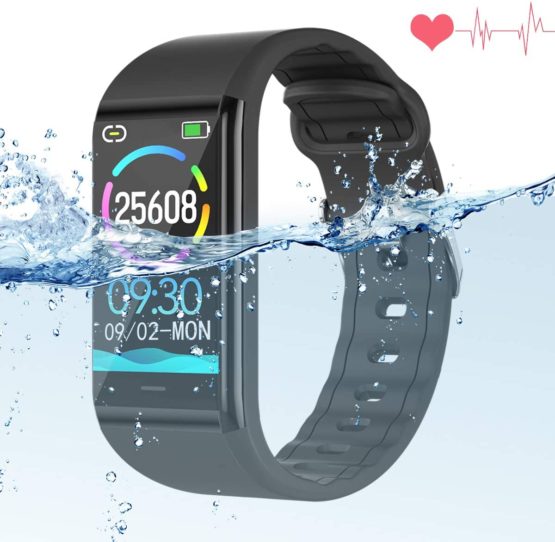
As fitness trackers are now being used to monitor the activity level of heart patients, who often need breaks when walking, researchers are calling for improvements in fitness tracker accuracy when measuring this kind of movement.

However, both activity trackers miscount steps at slow walking speeds, and the consumer graded activity tracker also miscounts steps at fast walking speeds."Ī 2019 study published in PLoS One (opens in new tab) identified the same deterioration in accuracy at low or intermittent walking speeds. are valid in detecting steps at selected walking speeds in healthy adults under controlled conditions. The tendency of trackers to miscount steps at slower speeds was also noted in a 2020 study in the PeerJ (opens in new tab) journal, which compared a wrist-worn consumer fitness tracker with a ‘research grade’ tracker worn on the ankle and noted: "Both. Accuracy varied between the trackers when it came to step counting, but they tended to be better at correctly counting steps during brisk walking, rather than during day-to-day activities and intermittent walking when arm movements were more frequently miscounted as steps. How accurate are fitness trackers when it comes to step counting?Ī 2020 study reported in the International Journal of Environmental Research and Public Health (opens in new tab) looked at 11 different trackers - some ‘wearables’ and some working through mobile phone apps. Fitness trackers of different brands vary with regard to measurement of indicators and are all affected by the activity state, which indicates that manufacturers of fitness trackers need to improve their algorithms for different activity states." In short, what you’re doing will affect how accurate your tracker is when estimating TEE, even if you own one of the very best Fitbits (opens in new tab). During anaerobic workouts trackers generally underestimated the amount of energy used.Īnother study of tracker accuracy published in the International Journal of Environmental Research (opens in new tab) in 2018 stated: "Mainstream devices are able to reliably measure heart rate, number of steps, distance, and sleep duration, which can be used as effective health evaluation indicators, but the measurement accuracy of energy consumption is still inadequate.

When measuring aerobic workouts, TEE tended to be overestimated when working at a slower pace, and underestimated when working at a higher pace. Trackers evaluated for a 2019 report in the International Journal of Environmental Research (opens in new tab) and Public Health were found to be out by more than 10% when measuring TEE.

When the movement of the body was the only parameter being measured they were less accurate than when the tracker also included a heart rate monitor or heat sensor. But, assuming that TEE is still a valid measurement, any fitness tracker needs to accurately assess your activity level to be able to calculate it.Ī 2020 review of the latest research on trackers in the British Journal of Sports Medicine (opens in new tab) found that wrist- or arm-worn trackers measuring energy expenditure varied in accuracy depending on the task being performed. (Image credit: Getty) How accurate are fitness trackers when it comes to calories?Īny activity you do should increase the number of calories you burn (your total energy expenditure, or TEE), although some researchers now question this widely-held theory – see why in this 2015 report in the American Journal of Human Biology (opens in new tab).


 0 kommentar(er)
0 kommentar(er)
